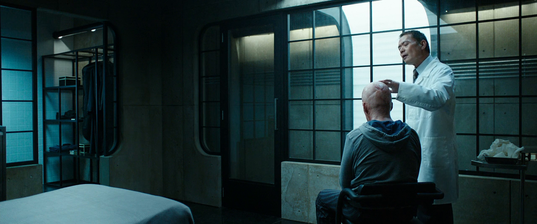 The Spierig Brother's Predestination is a smart, simple yet complex science fiction film full of imagination that keeps the viewer engaged from its intriguing beginning to its surprising finale. Centered around the Predestination program, a enigmatic time-traveling law enforcement bureau, the story follows one Temporal Agent who is hot on the trail of a mass killer, a time-traveling terrorist known as the "Fizzle Bomber", a man who is responsible for the death of thousands in New York City. Like all good science fiction, Predestination uses its high-concept science-fiction concepts to touch on very humanistic qualities, such as fate, gender, and identity. While Hawke is solid as usual as the lead character, Sarah Snook, who plays John/Jane, a character who plays a central part to the story, gives a truly memorable performance. Being a character who has seen herself/himself stripped of his/her identity, Predestination uses this character to comment on the profound importance of feeling comfortable in ones own skin, what gender can mean to identity, and the importance it has on our psyche, doing so in an emotionally poignant way I simply did not expect. Aesthetically, Predestination features the clean, sterile look typical of sci-fi, creating a nice-looking film especially when considering the budget restrictions. The film itself is an atmospheric mind-bender that almost challenges the viewer to try and make sense of its twilight-zone-esque series of events, doing so with a type of exuberance for its time-travel, sci-fi story which makes it hard not to appreciate. In the end, Predestination is a messy but effective science-fiction story that gleefully uses the time-travel paradox to explore how fate, gender, and identity all intermingle.
0 Comments
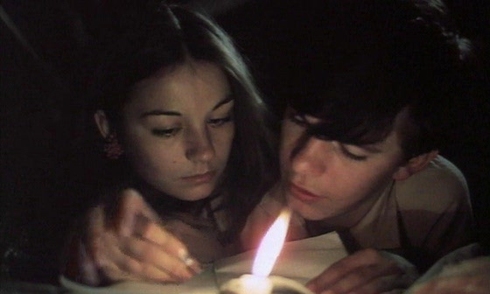 Emir Kusturica's debut feature, Do You Remember Dolly Bell? is a one-of-a-kind coming of age tale, telling the story of Dino, a young boy living in Sarajevo in the mid -1960s. With the government beginning to support the rights of the individual, many citizens simply don't know how to handle their new found freedom, with Dino and many of the younger generation becoming enthralled with various aspects of Western culture, including music, movies, and clothing. Getting a taste of the criminal world of his neighborhood, Dino helps the local pimp by hiding a prostitute "Dolly Bell", with his world being turned upside down when he begins to fall in love with her. While it doesn't have the same magic realism that Emir Kusturica would become known for, Do You Remember Dolly Bell a noteworthy debut feature for its ability to encapsulate the comedy and tragedy of life itself, following a young man in Dino is is forced to grow up in a world that is constantly evolving all around him. Do You Remember Dolly Bell feels semi-autobiographical in approach, giving extensive details, often comedically, into the adjustment a country and a people go through when trying to adjust to their newfound individuality and independence. One example of this are the dinner table sequences, with Dino's father treating dinner table conversations more like a structured UN meeting than a family gathering, making sure ever detail is covered, as he tries to adjust to respecting each individual in his family, not just the overall family unit. Dino's sexual awakening combined with his father's increasing illness run parallel to the country's newfound individualism, as Kusturica captures a young boy's rise to manhood. The aesthetic of Do You Remember Dolly Bell isn't particularly appealing, featuring dark and grimy look that visually captures the bleakness of the world around these characters. Through all the tragic aspects of Dino's life - the loss of his father, the local criminals, and poorish conditions he grew up on, Sarajevo has a lot of bleakness all around it, but Kusturica's film triumphantly encourages the viewer to find the comedy in life's tragedy, imploring the individual to focus on making oneself better every day. 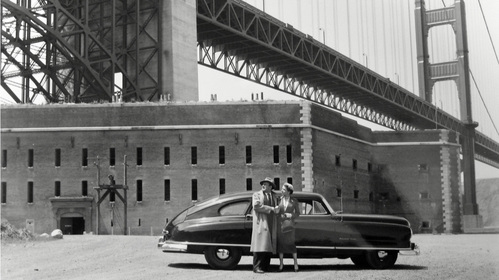 Felix E Feist's The Man Who Cheated Himself is a solid film noir that pits two police officers/brothers against one and other in an engaging game of cat and mouse. The film opens on the wealthy Lois Frazer, a socialite, who is in the middle of divorcing her husband, a man she is cheating on with a seasoned homicide lieutenant, Ed Cullen. While perusing through her husband's things, she finds the receipt to a gun. When her husband arrives home in the middle of the night, Lois shoots and kills him, doing so out of state of fear for her own life. Ed Cullen arrives at the scene, helping Lois take care of the body and cover up the murder. Fortunately for the couple, Ed himself is assigned to the murder case, along with his younger brother, Andy, a newly-minted detective who is desperate to prove his worth. With The Man Who Cheated Himself, Felix E. Feist takes on a much more workmanlike approach to directing the feature, letting the pot-boiler plot between two brothers carry the film, with efficient yet un-flashy direction that keeps the film moving forward, rarely pulling attention away from these two characters. This is a film that is at its best when simply observing the cat-and-mouse game between Ed and Andy unfold, with lots of great moments of tension built around Ed's need to stay one step ahead of his brother. My favorite aspect of this is how Ed tries to shame his brother, attempting to use the fact that Andy has recently gotten married to his advantage by insinuating that he is neglecting his wife by working too long hours on their case. The film manages the relationship between these two brothers well, never forgetting their lifelong bond, while moving forward and examining how Ed's decision to choose Lois over his brother will inevitable shatter this bond. The Man Who Cheated Himself doesn't exactly show the character of Lois in a good light either, hinting throughout that she is a woman who is always looking out for herself. The final scene of the film confirms this suspicion, which finds Lois in a relationship with her defense attorney after Ed and herself are arrested. From a direction standpoint, the ending which takes place in this strange, abandoned warehouse of sorts is magnificent, with Andy running through the hallways looking for his brother Ed, the sound of his footsteps being the only noise present in the entire sequence. This final sequence is essentially a grown-up version of Hide-and-Seek, with Felix juxtaposing a childhood game with the inevitable arrest and deterioration of their brotherhood as they know it. Felix E. Feist's The Man Who Cheated Himself is a engaging, yet simple film noir, telling the story of two brothers and police officers who find themselves on the opposite end of the law. 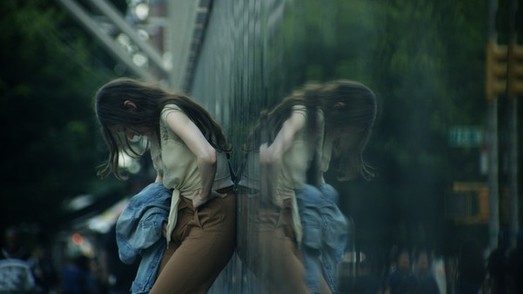 Ronah, an independent woman living in New York City, works as a sexual surrogate, helping her male clients get over their issues associated with intimacy, in an attempt to help them feel comfortable in their own skin. When Ronah meets Johnny, a volatile new client, the world between her professional and personal life becomes increasingly blurred, as Ronah grows further detached from her own personal reality. Ania Marquardt's She's Lost Control is an in-depth look at iintimacy and alienation, examining a character whose solitude slowly begins to take a toll on her emotional stability. Aesthetically, the film is shot in a way that gives the film a very hazy, blurry quality, drifting along in this character's increasing alienation, using overexposure to visually express her emotional state. This works to the film's advantage in creating a visually expressive film, but unfortunately the whole experience also feels too detached at times, making it hard for the viewer to be emotionally gripped by the plight of this character. Ronah's financial issues and strained relationship with her family are just the catalysts in her deteriorating emotional state, with Johnny being the ultimate encounter that shatters Ronah's fragile balance between personal and professional intimacy. The film captures the complexities of putting professional intimacy ahead of one's own personal relationships, doing so in a somewhat ambiguous way that never quite reveals the type of personal problems and flawed relationships Ronah has. In the end, She's Lost Control is an intriguing first feature that has an impressive visual sense, being a film that provides a flawed but fascinating narrative about a woman losing control. 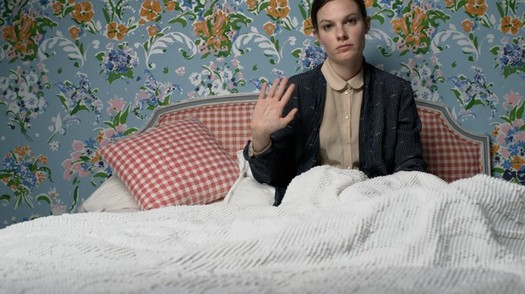 After the death of their mother, three half-sisters travel home to the house they grew up on Spirit Lake, intent on settling their mother's affairs. Their mother, Dr. Amelia Brooks, worked as a Limnologist on the unusually deep Spirit Lake, presumingly drowing in its waters, though her body was never found. When the sisters playfully summon a spirit based on old folklore around the community, their lives begin to unravel as the family dynamics are revealed. Sara Adina Smith's The Midnight Swim is a film which defies genre description. Soaked in mystery and intrigue, The Mighnight Swim tells a horror film and character drama, making it hard to decipher the true nature of the film, especially if you don't know much going in. Sarah Adina Smith shows a great ability to walk the line, making it hard to accept or reject the mystic elements of the story. The film is rather ambiguous about its intentions, being a blessing and curse as all three of the sisters are rather underdeveloped. While watching the film, I couldn't help but notice the solid performances, with all three actresses elevating their characterizations to a degree, though not enough to forgive the problems. The problem is the film doesn't give them characters that actualized fully, all feeling similar at time, as the film offers little contrast in the characterizations. The film's pacing isn't ideal either, being a 85 minutes film that drags at times, almost like it is just trying to buy time til its surprising conclusion. Overall, the film is well made from a direction standpoint, with Sarah Adina Smith showing a solid ability to create both a horror film and get strong performances from her actors, with a conclusion that makes some of the film's weaker elements a lot more forgiveable. The film is very much about characers overcoming the death of a loved one, with each of the sisters dealing with it in a different way, though some of their motivations are very vague. While it may be the filmmakers intention to make aspects of the characters' ambiguous, it doesn't work considering how much the film relies on the audience to invest in these three characters.  Marc Silver's 3 1/2 Minutes is a in-depth look at the murder case of Jordan Davis, an African American teenager who was shot and killed in a gas station parking lot after an altercation with a middle-aged white man. Given this seemingly growing epidemic of racially fueled murders sweeping the country, this is a documentary that should be praised for its ability to remain neutral, exploring both sides of the story, spending time with both the victim and the defendant. Being a very intricate dissection of the trial itself, 8 1/2 Minutes, 10 Bullets greatest attribute is its ability to show the real dangers of having the "stand your ground" law in Florida, exposing how it further muddles and already complex legal system. Sparing little detail, the film uses the tragic tale of Jordan Davis to reveal the systematic problem with a law that's so vague, where the "Appearance of Danger" is enough to kill. This combined with racial profiling becomes an incredibly dangerous cocktail, with the film exposing how easily lives can be tragically lost in the process. Obviously this film can be hard to watch at times, as the filmmakers never shy away from the pain and anguish of the victim's parents, giving the viewer a front row seat during the trial and showing the effect this long process can have on those connected to it. Watching this film one begins to feel like a juror, due to the intricate detail, as the film effectively exposes the flaws in a law that relies too much on an individual's judgement as to when they are in true danger. The fact of the matter is the law demands only "reasonable belief of perceived threat" making trials of this nature incredibly muddled and hard to dissect. By the end of the film I was pretty convinced the jury got the trial right in the end, as the film paints a convincing, unbiased portrait that this man's distorted racial perceptions drove him to murder, fearing someone he didn't have to fear, taking another life for no reason, regardless of the fact that he viewed it as self defense. Above all else, Marc Silver's 3 1/2 Minutes, 8 Bullets captures the vast complexities of our legal system and the dangerous nature of judging someone based off the color of their skin. 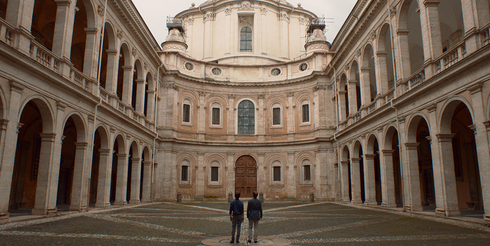 Eugene Green's La Sapienza is a stunning cinematic achievement, being a film that is both incredibly intimate and profoundly vast in its dissection of life, touching on a rich assortment of humanistic sensiblilities that define who we are. The narrative is centered around Alexandre, a renowned architect, who at the height of his career decides to head to Italy with the attention of further examining the work of Borromini, one of the most celebrated architects in history. Along with his wife, Alienor, the two arrive in this beautiful setting but one can feel that there is instability in their relationship, as if their love is slipping away. Through a chance encounter they meet siblings Goffredo and Lavinia, two younger individuals. Goffredo, a young and hungry architecture student, is immediately drawn to Alexandre, hoping he can learn from a successful man. As the film progresses, it becomes clear that this relationship isn't merely a student - mentor dynamic, as both young and old learn a lot from one and other. At its core, La Sapienza is a film about humanities struggle between the darkness and the light, the importance of finding happiness in life, and overcoming the negative aspects of one's existence. Alexandre and Alienor's relationship has deteriorated due to the tragic loss of their son, with their new found friendships with there young counterparts being the key to them rediscovering the joy and beauty of their lives. Having lots of existential qualities, La Sapienza beautifully captures the constant flux life truly is, as humanity has always attempted to understand and compromise ourselves and existence whether through religion, psychology or science. The film seems to speak to the importance of finding the source of light, the joy all of us are capable of, whether through spirituality, architecture, history, etc. Featuring Green's trademark style of cold, mechanical direction, with beautiful uae of symmetry and meticulously crafted compositions, La Sapienza uses architecture to comment on humanities short term memory, juxtaposing old vs. new, showing disdain for our ability to paint over the past while championing the importance of remembering where we came from both culturally and historically. Green's patented closeup shots are very much in tact with La Sapienza, but the way he continually punches in closer and closer onto the subject during a conversation is unique, as he attempts to capture every emotion of his characters, doing so in a visually expressive way that captures the deepening connection these characters have as their conversations become deeper and more intimate. Eugene Green's La Sapienza is thematic rich and challenging, being a film that should probably be seen multiple times, profoundly capturing humanity and life on both a grand and intimate scale.  While there have been many films dealing with mental illness and psychological disease, very few are able to portray it in such an understated way as Lou Howe's Gabriel. Personally, I've been lucky enough to not have to deal with mental illness in my personal life, with friends and family I love, but Gabriel is a film that just feels very geniune in capturing the devastating nature of a family unit trying to deal with such tragedy. Released from a mental hospital only for a limited time to visit his brother and mother, Gabriel is a character who psychological state has reached a breaking point, tormented by his father's suicide, a man who himself was suffering from some type of mental disease. Gabriel's behavior is erratic around his family, completely convinced that the key to his happiness and salvation lies in reuniting with his ex-girlfriend, a woman he hasn't even seen in four or five years. Believing he is in love, Gabriel goes on a desperate pursuit to track this woman down, pushing to the limits the people around him who love him very much. Rory Caulkin, who plays Gabriel, gives unquestionably one of the better performances of the year, transforming into this character, capturing a man that gets lost in his own fractured psyche. The performance along with the narrative of this film truly capture the instability mental ailments can cause on individuals, regardless of them being around people they truly do love. Even around his brother, he can become hostile, viewing his as someone who is more loved in the family. How this character can fixate on negative or irritating situations is another interesting component, as the film captures the mounting frustration of a character who could do anythng. Gabriel is a film that never spoon feeds the audience anything about how Gabriel has become this way, letting the viewer slowly learn details about how his father's death played a part in his mental deterioration. Stylisticaly the film is more understated than most film of this type, with one of the more visceral scenes being in a diner where Gabriel slowly becomes increasingly frustrated by a ceiling fan. Flowing almost beneath the surface at times, the film Gabriel has a very subtle tension throughout its running time, eventualy exploding onto the screen in an intense finale that ends up quite devastating, where the illusion of his salvation being with his ex-girlfriend is shattered.  Leah Meyerhoff's I Believe In Unicorns is a beautiful evocation on young love which tells the story of Davina, an imaginative teenage girl, who often daydreams of escaping her secluded reality. Having grown up quickly, due to being the sole caretaker of her handicapped mother, Davina is desperate to escape her reality and live a more care-free lifestyle she feels has alluded her. When she meets Sterling, an edgy, older boy who lives life on his own terms, Davina quickly falls head-over-heels, seeing him as her salvation and ultimate freedom from the life she has lived. I Believe In Unicorns feels like a deeply personal film, as the film presents how a naive young woman, desperate to be desired and appreciated, can fall victim to her own fantasies of romance. Besides its brutal honesty, what stands out the most about Leah Meyerhoff's I Believe In Unicorns is is stylistic flourishes, using surreal imagery in a beautiful way that perfectly captures the psyche of a young woman with an active imagination. One of my favorite sequences of the film takes place when Davina is essentially ignored by Sterling, the day after they were first intimate, with the film showing surrealistic imagery of Davina's mental state - inter-cutting imagery of her being buried alive, wrapped in saran wrap, suffocating from not feeling appreciated, effectively evoking her vulnerability and emotional state. When Davina and Sterling run away together, this character is completely swept up in the whirlwind of adventure and romance, blinding her from Sterling's more volatile side. Very much Davina's movie, the viewer is given very little insight into Sterling, but it's apparent for the audience that he has issues, being emotionally unstable at times, possibly stemming from a flawed relationship with his father. If I had one complaint about this film it would probably be the handling of Sterling, a character who feels bi-polar, something I feel wasn't intentional. The character didn't have to be more developed, but I feel his intensity was over-the-top and unnecessary at times, as the film had already done such a good job at capturing Sterling's lack of interest, by comparison, and the blind romanticism of Davina's character. When Davina's enchantment is eventually shattered, her disillusioned due to Sterling's volatile nature is broken, and in the final few minutes of I Believe In Unicorns it becomes clear that Davina finally understands that she must be comfortable with her own skin to find romance, with sex alone not defining love. Creatively made and deeply personal, Leah Meyerhoff's I Believe In Unicorns is an enchanting film about young, troubled love.  Christmas Eve in Los Angeles, transgender prostitute Sin-Dee Rella has just been released from prison. Meeting up with her friend Alexandra, who also happens to be a trangender prostitute, the two catch-up. When Sin-Dee Rella learns that her boyfriend and pimp, Chester, has been cheating on her with a white woman, she is outraged, storming out into the Los Angeles streetscape in search of Chester and Dinah, the white woman he has been cheating on her with. Sean Baker's Tangerine is a kinetic piece of filmmaking, a film that moves a mile-a-minute through the streets of Los Angeles, feeling almost like a road-movie in the way its characters, particularly Sin-Dee Rella, are moving from place-to-place non-stop. Being a Los Angeles resident, the first thing that really stuck out to me about Tangerine is how much the film captures the diversity and unique qualities that make LA interesting. This film captures the grittier, dirtier aspects of Hollywood, not focusing on the Cityscapes of Downtown Los Angeles but on the street-scapes of Hollywood, with the graffiti-soaked concrete and hustle and bustle street-life feels very visceral. Some of this is undoubtedly helped by the filmmakers' decision to photograph the whole phone using an iPhone, which was a brilliant choice in providing a must more lived-in but unhinged type of aesthetic. Tangerine is a very funny film, with a script that keeps the laughs coming, relying heavily on the performances of its two main leads, who simply don't disappoint. I was particularly enthralled by the Sin-Dee Rella character, a woman who is the definition of fierce, demanding the viewers attention every-time she sets foot on the screen. Tangerine is a film that is sure to be classified as a comedy, and rightfully so, but what really made the film work for me was the understated sorrow and human drama Sean Baker is able to create. While not a film about Tinseltown in the slightest, Tangerine captures the sorrow and loneliness of these characters in brief, understated moments of poignancy, truly living up to Los Angeles being a city of broken dreams. Alexandra is the most straightforward example of this, a beautiful singer, who spends most of the film trying to get people to come to her latest performance. Essentially no one shows up, and little sympathy is given, with her plight capturing the harsher realities of Los Angeles, where everyone is transfixed on their own lives. From Dinah to Razmik, a married taxi-driver who has a thing for transgender woman, Tangerine is a portrait of loneliness and the need for companionship or friendship, with Sin-Dee Rella and Alexandra eventually coming to the realization that having one and other is far more important in the larger scheme of things. A love-letter to Los Angeles that finds the beauty in things that many people view as ugly about Los Angeles, Sean Beaker's Tangerine is another fascinating film by the filmmaker that beautifully manages its comedy and drama. |
AuthorLove of all things cinema brought me here. Archives
June 2023
|
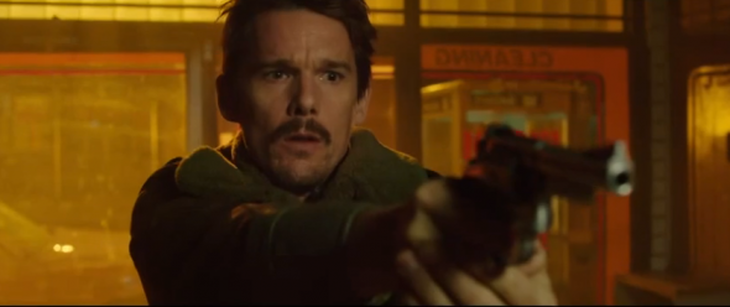
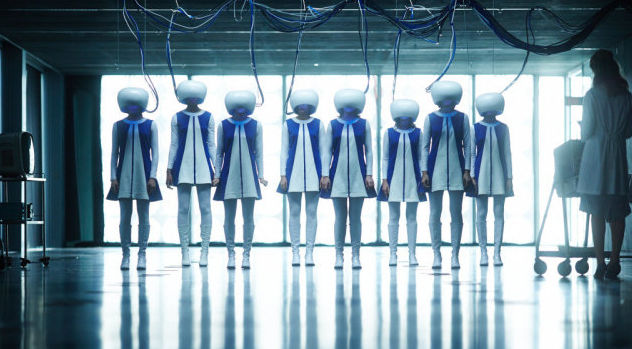
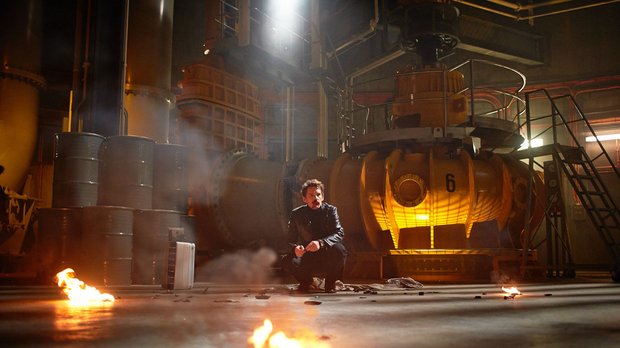
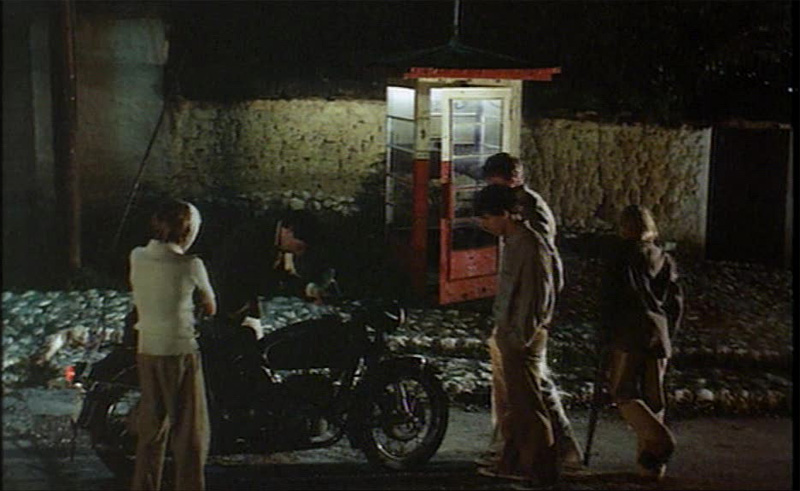
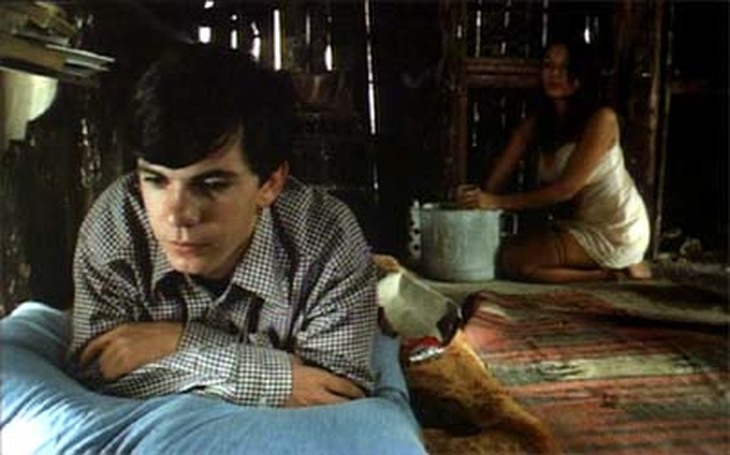
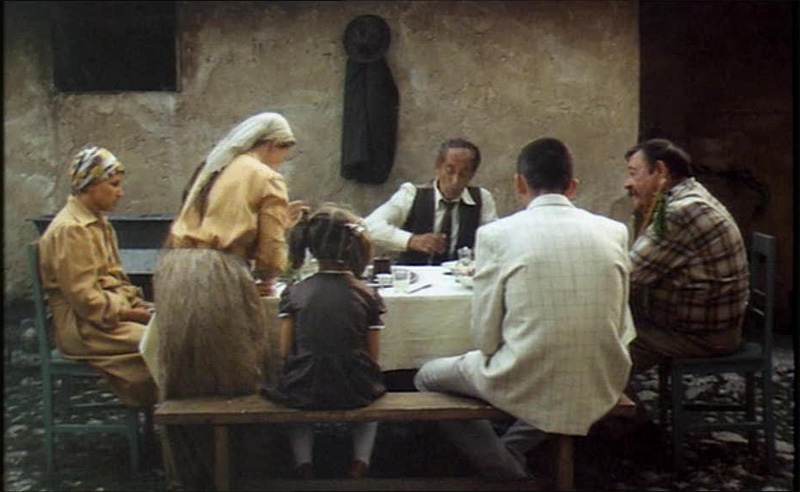
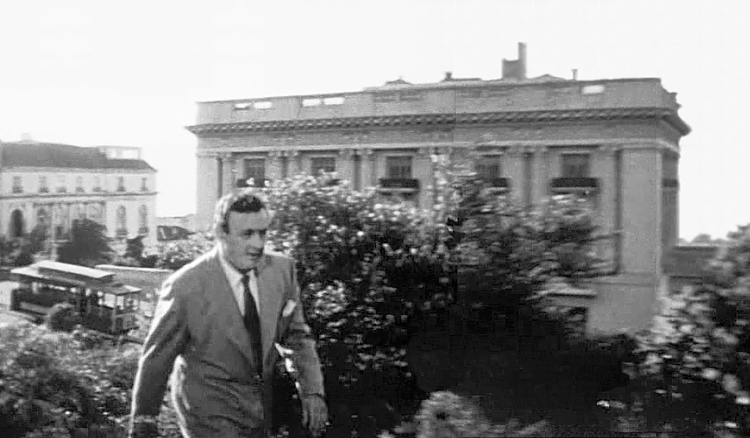
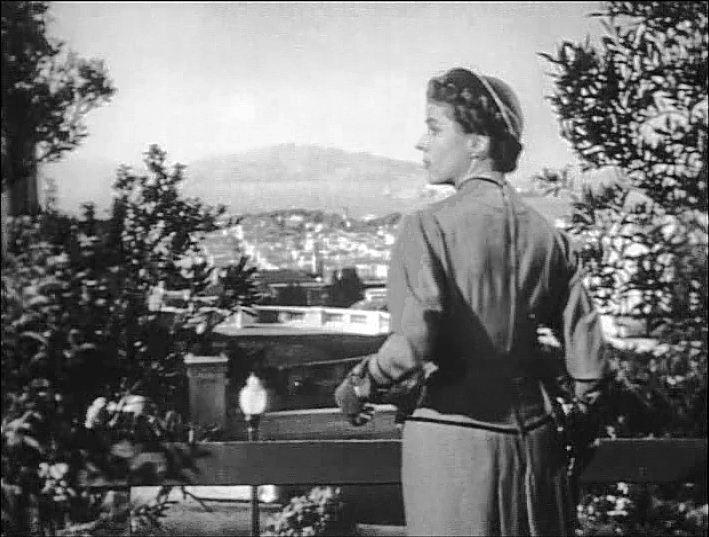
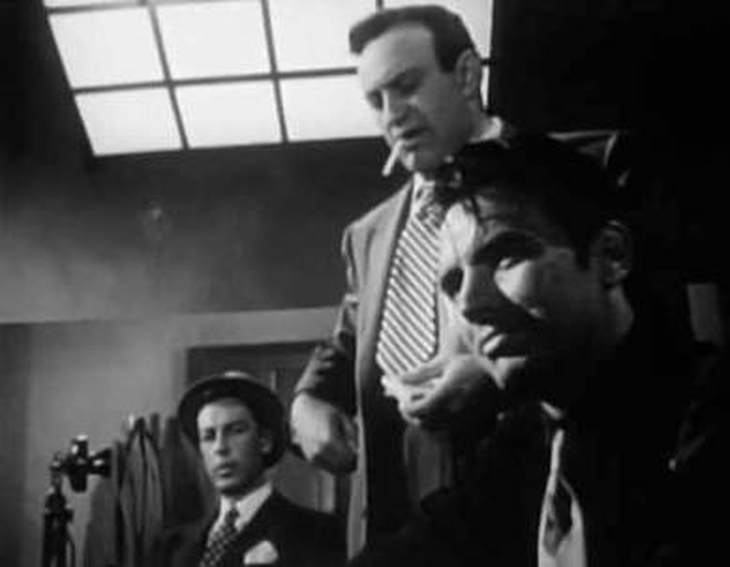
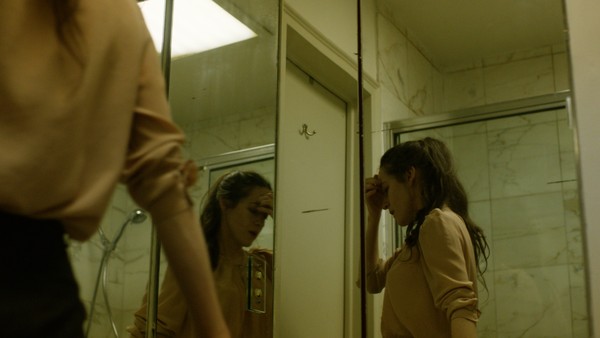
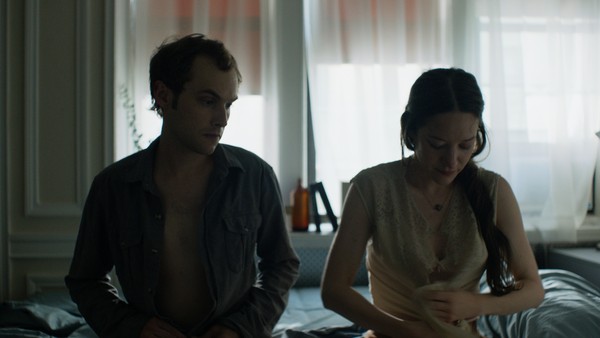
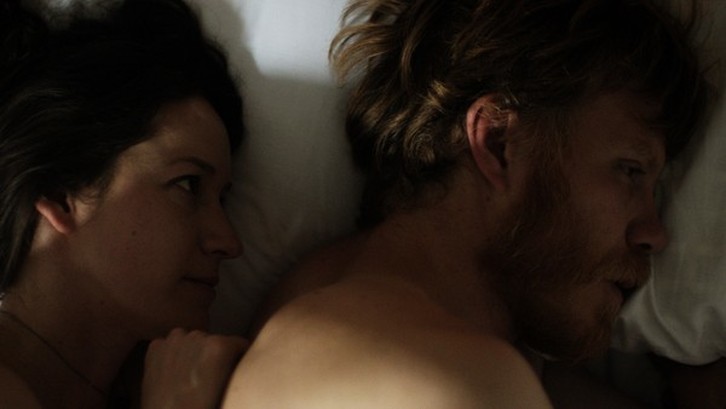
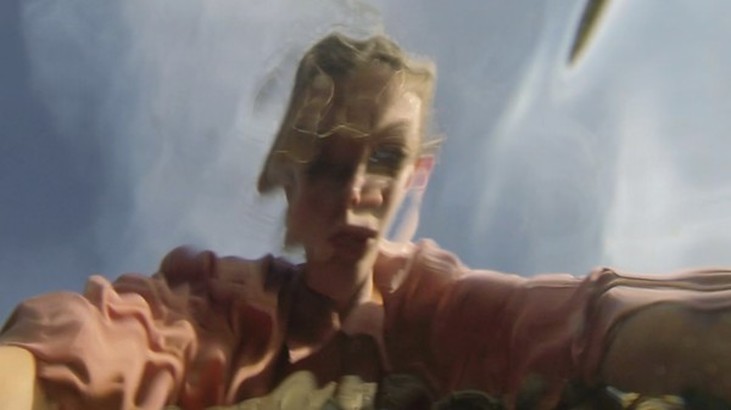
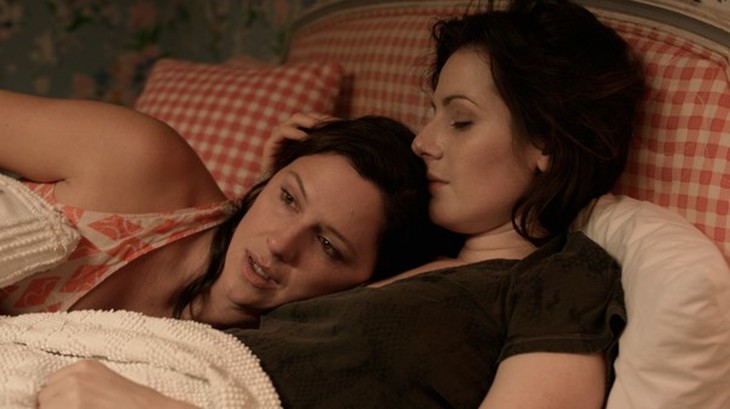
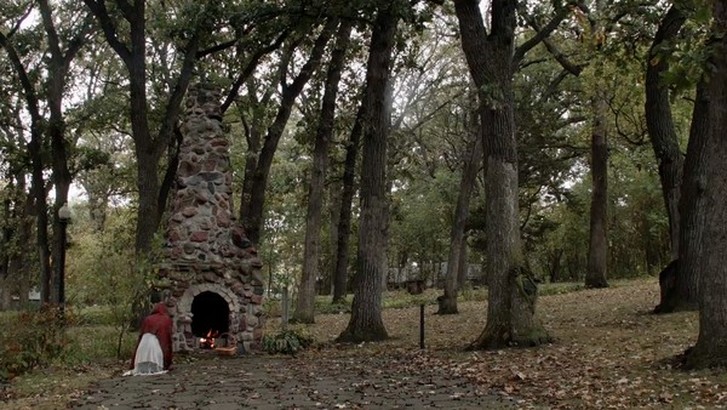

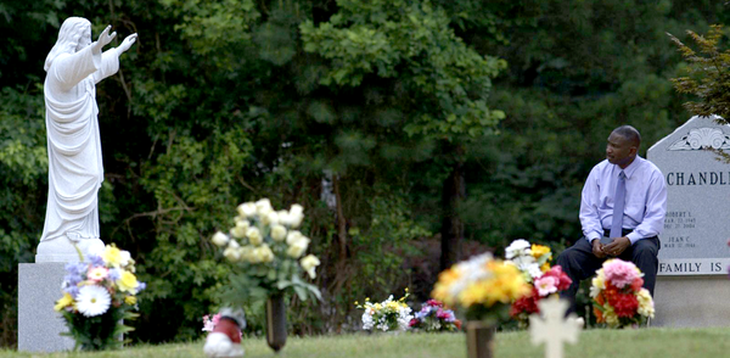


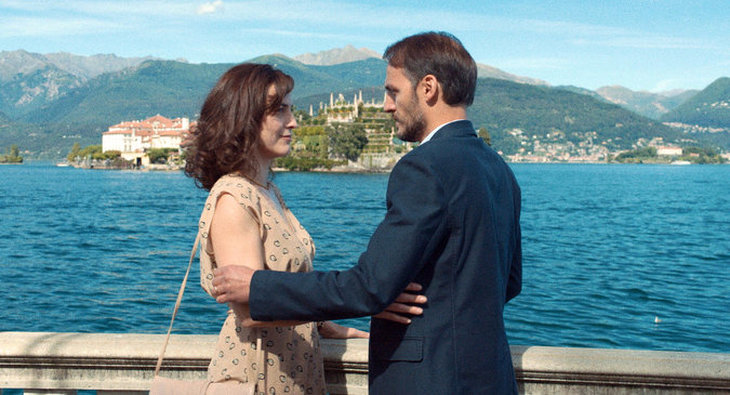
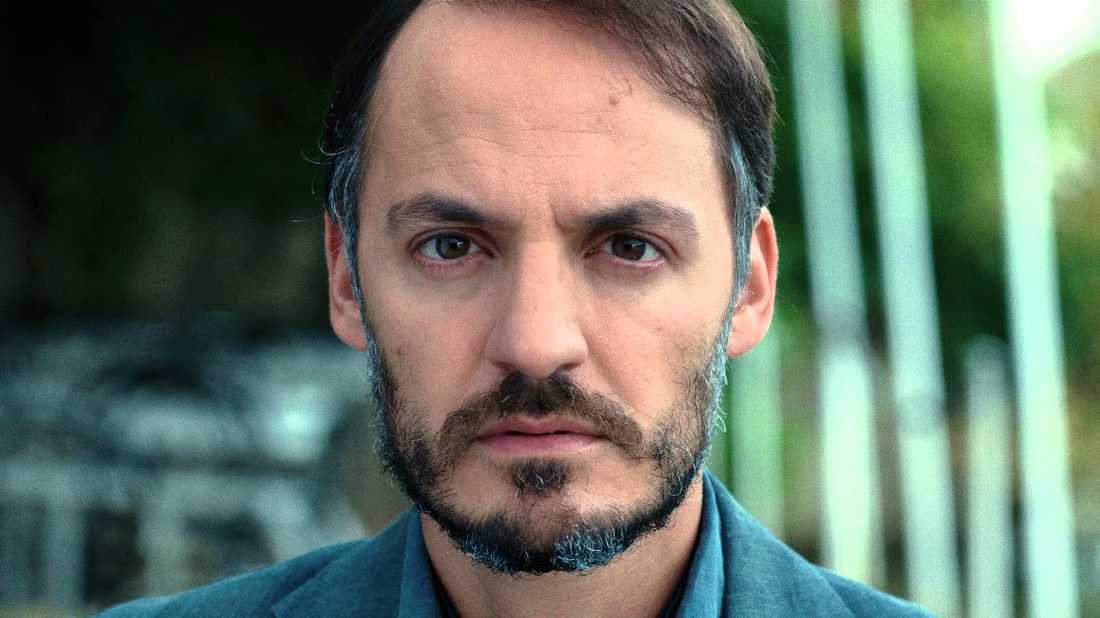
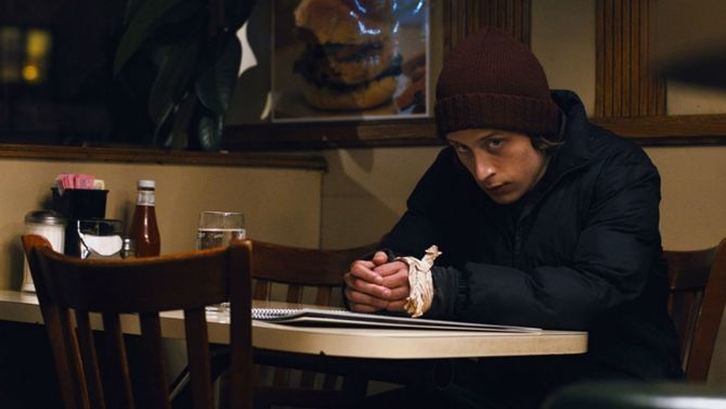
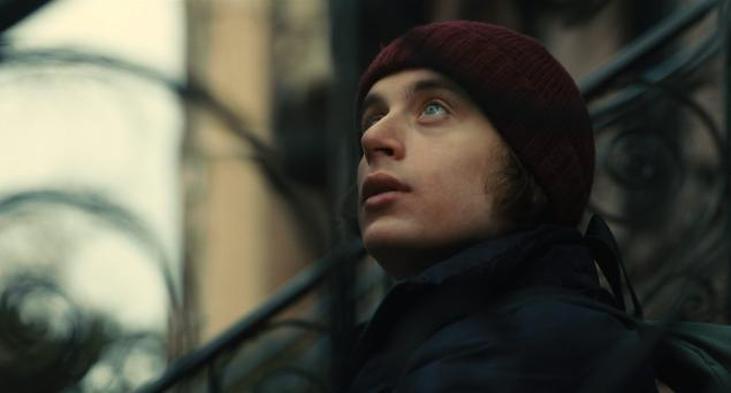
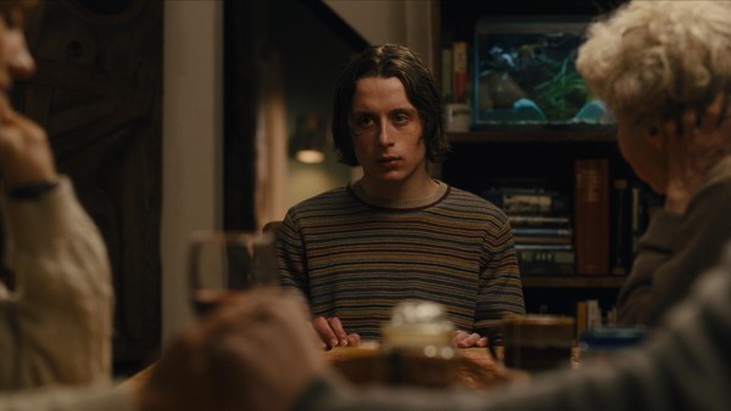


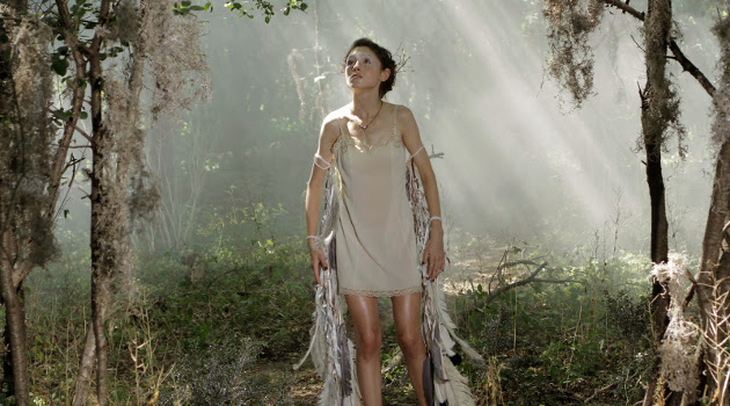

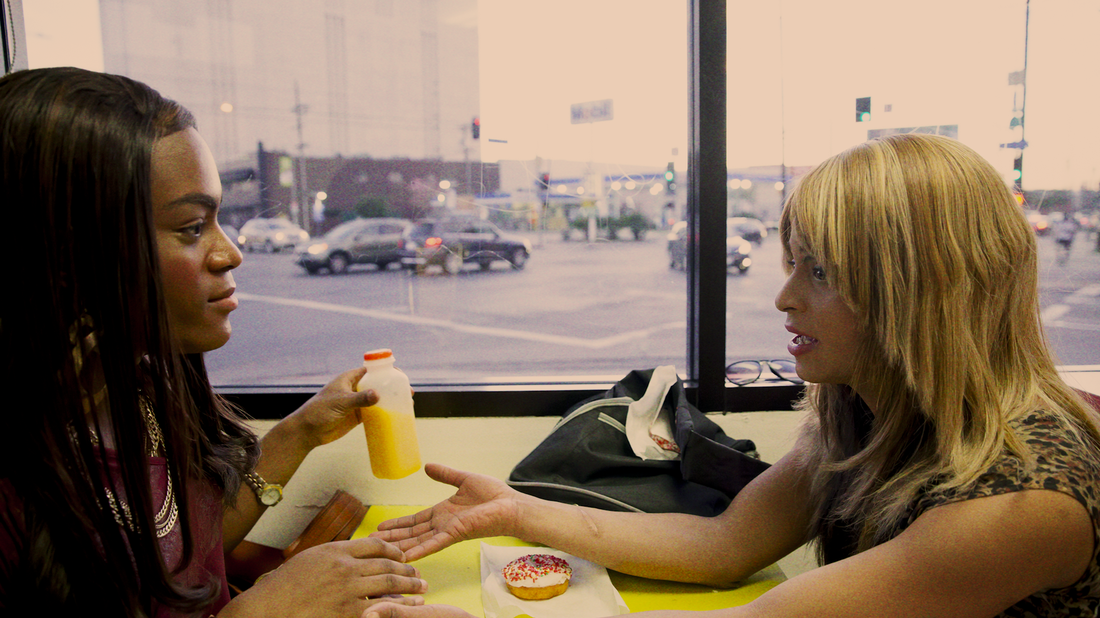
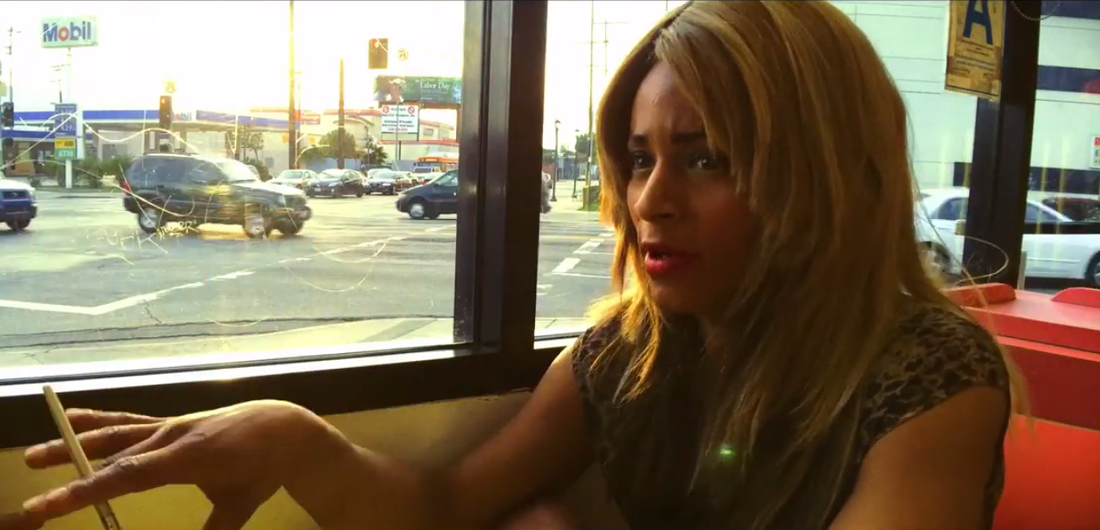
 RSS Feed
RSS Feed
